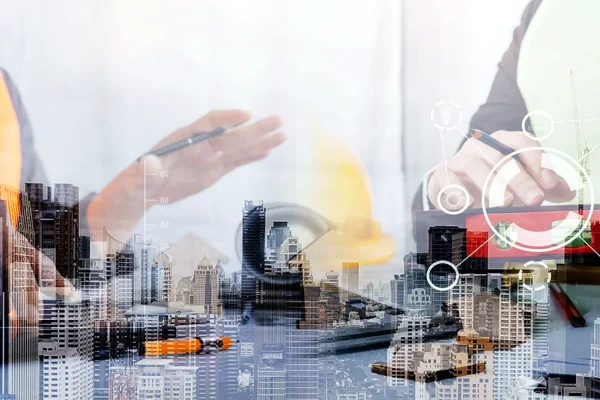Tesla has announced a major expansion of its Dojo AI supercomputer data center in Austin, Texas, underscoring the company’s commitment to advancing autonomous driving technology. Dojo, Tesla’s proprietary AI training system, is designed to process massive amounts of real-world driving data, enabling the development of self-driving algorithms that are faster, more accurate, and safer.
The expansion will significantly increase Dojo’s computational capacity, allowing Tesla to train larger neural networks and accelerate vehicle AI learning cycles. According to company sources, the upgraded facility will host thousands of high-performance nodes capable of processing millions of driving scenarios simultaneously. This development comes as Tesla continues to roll out its Full Self-Driving (FSD) beta program to more vehicles in the U.S. and abroad.
Industry analysts see the move as a strategic step for Tesla beyond automotive manufacturing. By expanding Dojo, Tesla is positioning itself as a leader in AI infrastructure, potentially offering its capabilities to third-party developers and researchers. Elon Musk has previously hinted at the possibility of leveraging Dojo for broader AI applications, suggesting that the data center could eventually support projects beyond autonomous vehicles, including robotics and AI-driven analytics.
The investment also strengthens Tesla’s presence in Texas, a state that has become a hub for tech and automotive innovation. Local officials estimate that the expansion will create hundreds of skilled jobs in AI, hardware engineering, and software development, contributing to the regional economy.
Tesla’s Dojo initiative illustrates how automakers are increasingly becoming AI-first companies, where computing power and data processing are as crucial as the vehicles themselves. As competitors ramp up their own autonomous vehicle programs, Tesla’s Texas expansion signals that the company intends to maintain a technological edge in AI-driven mobility and next-generation transportation systems.





















